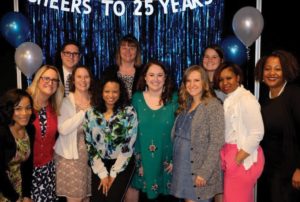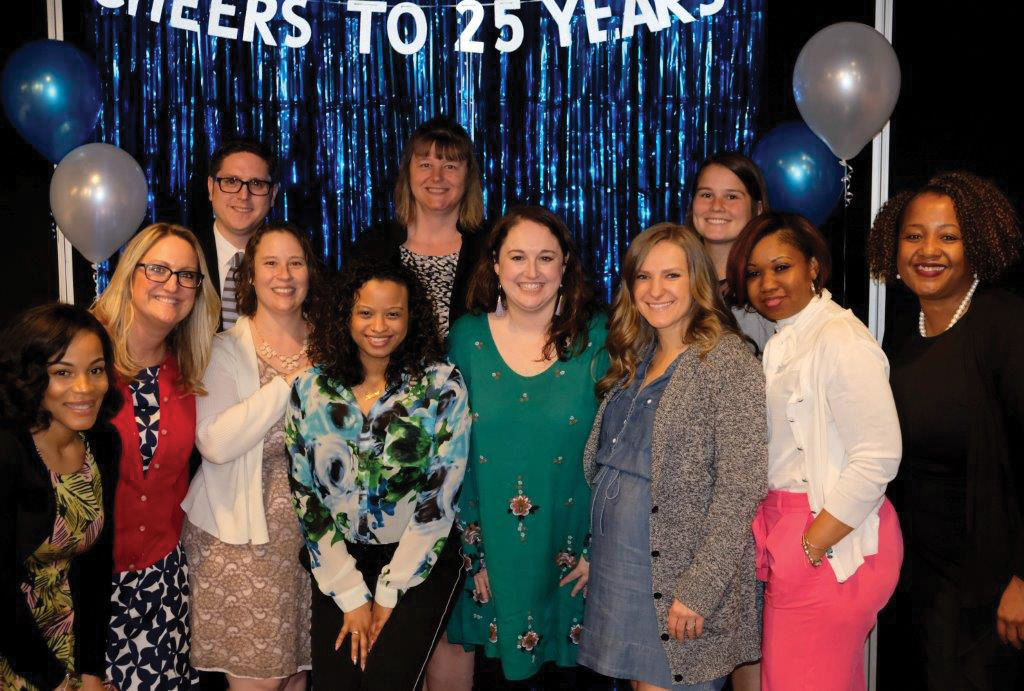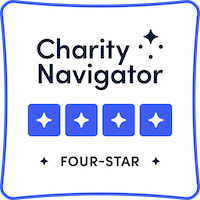 Little City’s Foster Care & Adoption program celebrated 25 years in 2018 – marking an important milestone for a program that has helped
Little City’s Foster Care & Adoption program celebrated 25 years in 2018 – marking an important milestone for a program that has helped
hundreds of children find both foster care and forever families. Emily Rawsky, Director of Foster Care & Adoption, said the program has come a long way since it first started and has developed a reputation as one of the most progressive agencies in the state.
The Human Rights Campaign recognized Little City as the first foster care and adoption agency in Illinois to obtain cultural competence in serving the LGBT community. The program has also been a leader in finding loving homes for youth with special needs who have been identified as abused or neglected by the Illinois Department of Children and Family Services.
Emily sat down with Little City to talk about some of the highlights of the milestone year and the future of the program.
Little City: How did you feel this past year went for the program as it celebrated 25 years?
Emily: We think it went really well. I think one of our main goals was not only celebrating people in our programs – the foster parents – but also to continue to get the word out about Little City foster care being in Chicago. We had multifaceted marketing campaigns that really helped increase our exposure. We had 202 inquiries from prospective parents last year, which was up from 139 and 132 in the past two years. So I think our campaign really did reach people.
Little City: How did the program celebrate 25 years?
Emily: We were able to show our appreciation for all our parents who make the program successful at a luncheon in April. They loved our special video and having time to share stories and connect over being foster parents and adopting. It showed me we are doing a good job and that they feel appreciated. It’s not just recruitment that is important, but retention is important. Our best recruiters will always be our foster parents.
Little City: What has made the program grow as much as it has over the years?
Emily: What Little City Foster Care is doing has unequivocally been more progressive than what most agencies are doing in the state. We have been at the forefront of being innovative with web-based platforms and sharing our success stories and getting the word out. A big
difference we had this year was a bigger presence in the community. We did open houses this year, which was new for us, and all those were very successful.
Little City: Where do you see the future of the program going?
Emily: The highlight of the year was the response we were getting from the community, donors and foster parents. We are going to grow and enhance our open house model and do some things on a larger scale to reach people in person.



